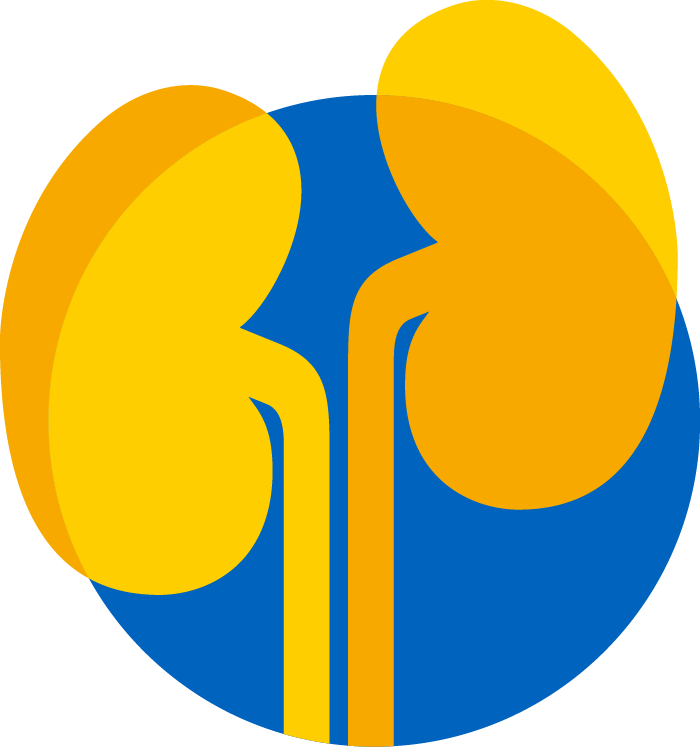The Symptoms of CKD
Most kidney diseases attack the nephrons, causing them to lose their filtering capacity (= loss of GFR). Damage to the nephrons may sometimes happen quickly, for example as the result of an injury, poisoning or inflammation. But most kidney diseases destroy the nephrons slowly and silently (chronic kidney disease). Only after years or even decades, the damage becomes apparent.
Since at early stage patients may not suffer from any symptoms
often CKD is discovered via a routine blood and urine testing.
What are the signs of chronic kidney disease
In earlier stages of chronic kidney disease, there may be no symptoms at all and patients do not feel ill or the symptoms are very vague like1
-
Feel more tired and have less energy
-
Have trouble concentrating
-
Have a poor appetite
-
Have trouble sleeping
-
Have muscle cramping at night
-
Have swollen feet and ankles
-
Have puffiness around your eyes, especially in the morning
-
Have dry, itchy skin
-
Need to urinate more often, especially at night
------------------------------------------------
Sources
1 National Kidney Foundation www.kidney.org/atoz/content/about-chronic-kidney-disease (accessed 03.12.2020)
In later stages, and particularly in end-stage kidney disease, the following symptoms may occur or get worse:2
-
Weight loss and poor appetite
-
Swollen ankles, feet or hands
-
Shortness-of-breath/tiredness
-
Blood in urine
-
Increased need to pee – particularly at night
-
Difficulty sleeping/insomnia
-
Dry/itchy skin
-
Muscle cramps
-
Feeling sick
-
Headaches
------------------------------------------------
Sources
2 https://www.nhs.uk/conditions/kidney-disease/symptoms/ (accessed 18.12.2020)
Track your course of life
This diary is a space for your plans, thoughts, ideas and moods about your journey with CKD. Designed to begin at any date you can find in the download a planner covering 1 month: with 4 weekly pages and a summary page to reflect over the past month. You can print or copy them each month newly and thereby create your own ongoing personal diary to oversee your appointments and personal goals with ease. It is supposed to help you reflect on your physical and emotional well-being, identify thing that lift you up or pull you down and stay on top of your diet.



